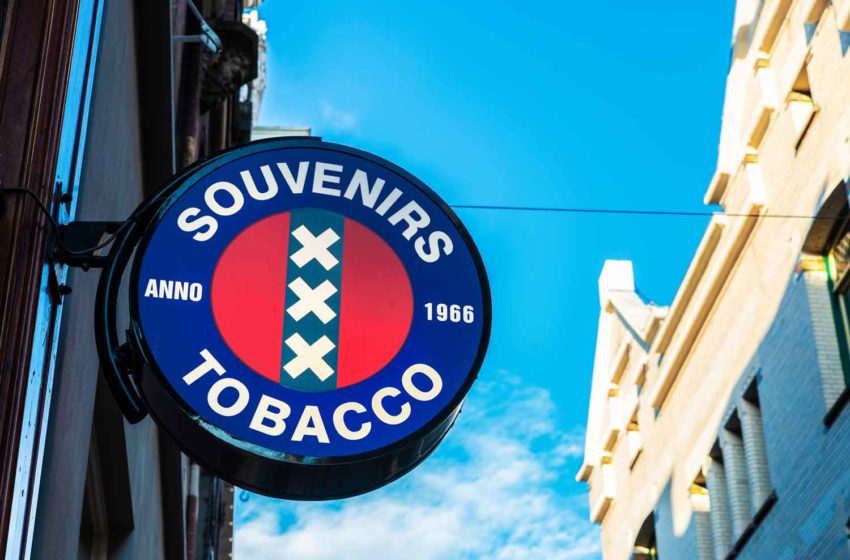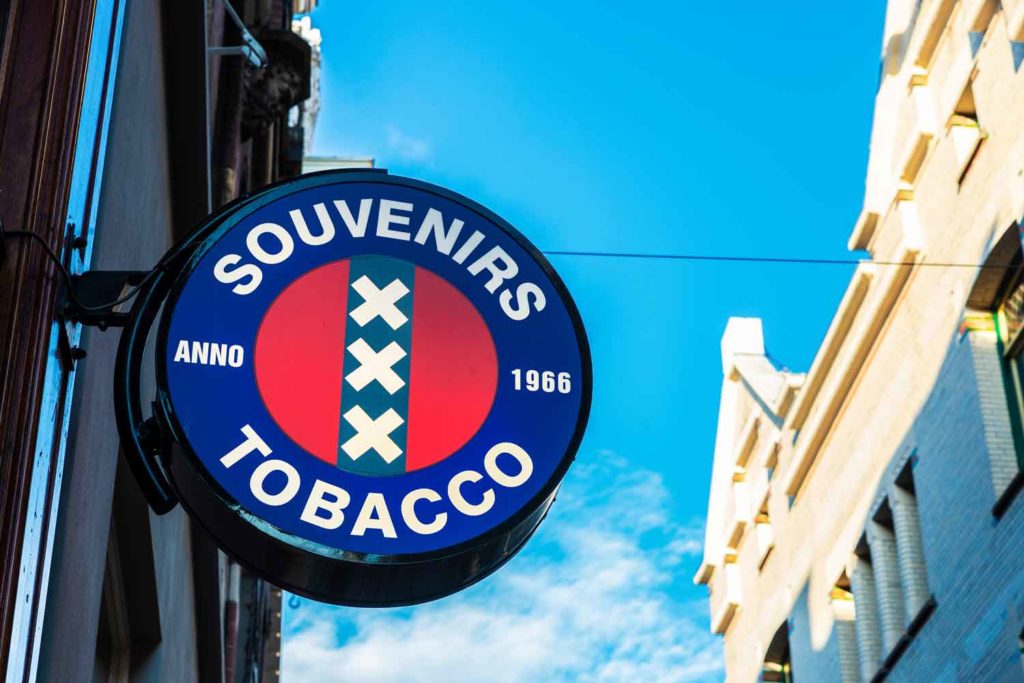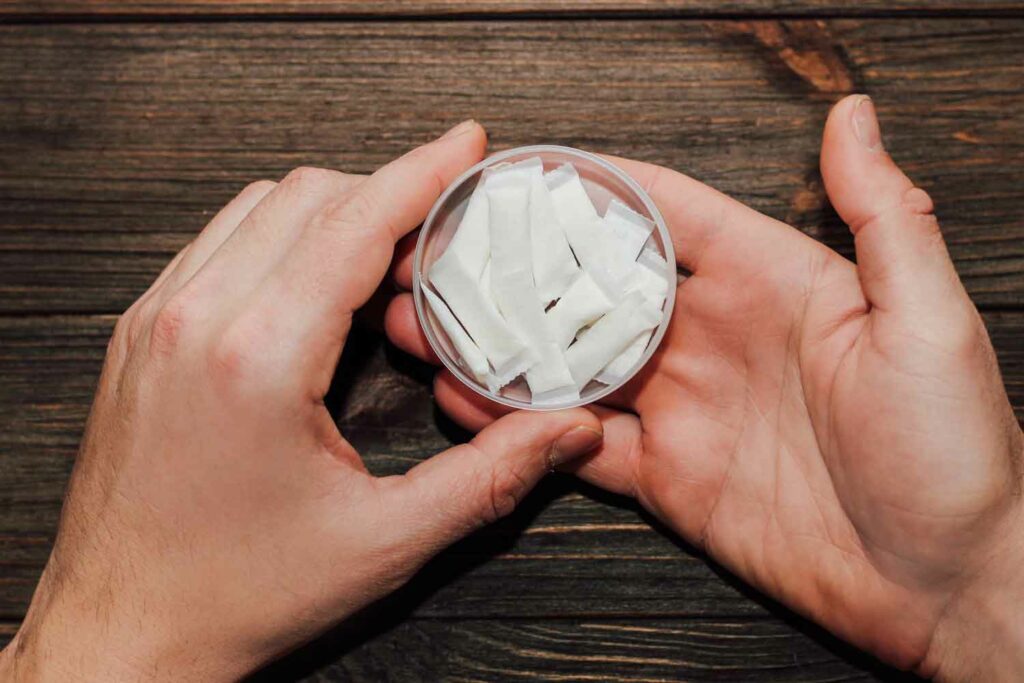More than half of the tobacco produced in southern Brazil had been sold by the middle of March, reports Kohltrade, citing figures released by the growers’ organization Afubra. Driven by a short crop, the average per-kilo price was up nearly 20 percent over that paid during 2022-2024 marketing season.
According to the Ministry of Development, Industry and Commerce, Brazil shipped 512 million kg of tobacco in 2023, generating $2.73 billion in earnings. In the first two months of 2023, the country exported 75.3 million kg valued at $492.7 million.
According to information from Emater-RS, tobacco prices reached values above BRL20 ($4.02) per kilo for dry leaf, reaching up to BRL390 per arroba [11.34 kg] for tobacco classified as BO1 in some regions. However, producers expressed concern about the weight of the leaves, which has been lower than anticipated due to heavy rains during the growing season.
Reduced volumes and high prices are also accelerating leaf sales. Industry representatives expect sales, which normally extend to the end of June, to end in late April this season.
Brazil’s tobacco crop has been heavily impacted by the El Nino weather phenomenon this year. When production started in May 2023, the industry expected to harvest 10 percent more leaf than in the 2022-2023 growing season based on the area planted.
While the climate conditions initially supported the expectations for a larger crop, heavy rains from mid-July to the end of November forced the industry to adjust its figures downward. Instead of a 10 percent increase, market watchers are now predicting 20 percent drop in volume compared with 2023.
Rainy growing seasons tend to result in lower nicotine levels. Because this season’s heavy downpours followed three years of drought, which resulted in record high nicotine levels for Brazilian tobacco, there is now an unprecedented gap in the nicotine levels of the 2023 and 2024 harvests, averaging 0.35 percent to 0.5 percent for grades XC to BM, and up to 0.8 percent for grades B and BT.
But while nicotine levels have declined, the quality of Brazil’s tobacco is up significantly, with great maturity and a very good aroma. According to Kohltrade, Brazil’s tobacco this year has a very good and intense “flavor,” including in XC grade. Leaf position is showing good quality, and what in previous years was predominantly “LO” to “OF” light orange to orange, this year is “O” orange to “F” full orange or deep orange.
Overall, the industry expects a small drop in sugar levels.
With the reduction in volumes, competition has been fierce for Brazil’s 2024 crop. All companies are rushing to buy their volumes and serve their customers, greatly inflating the market and accelerating the process of purchasing tobacco.

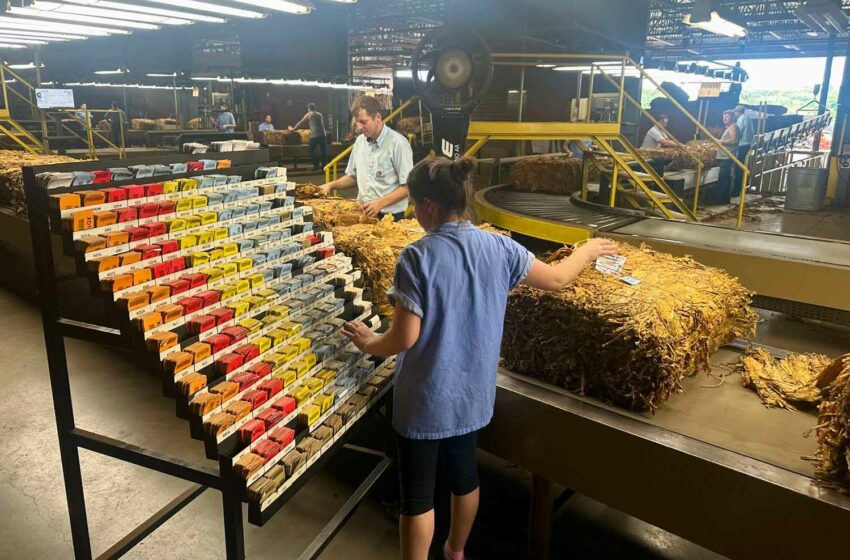


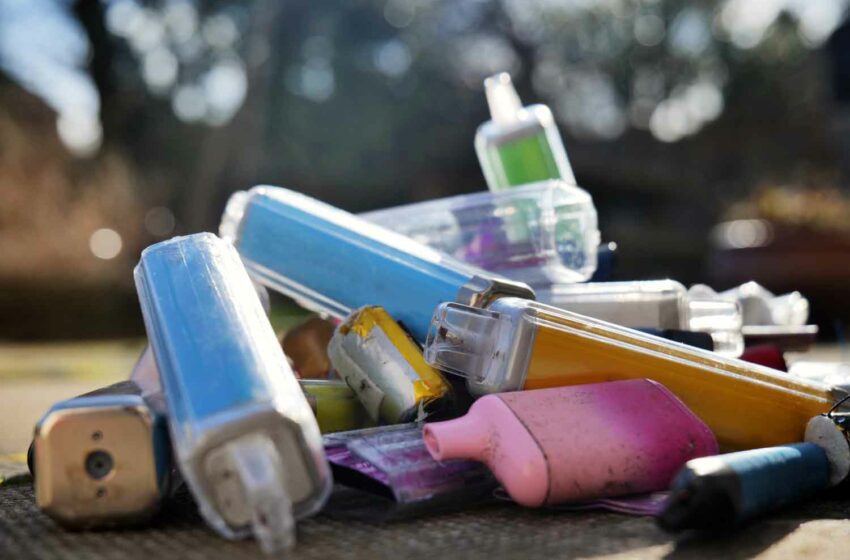
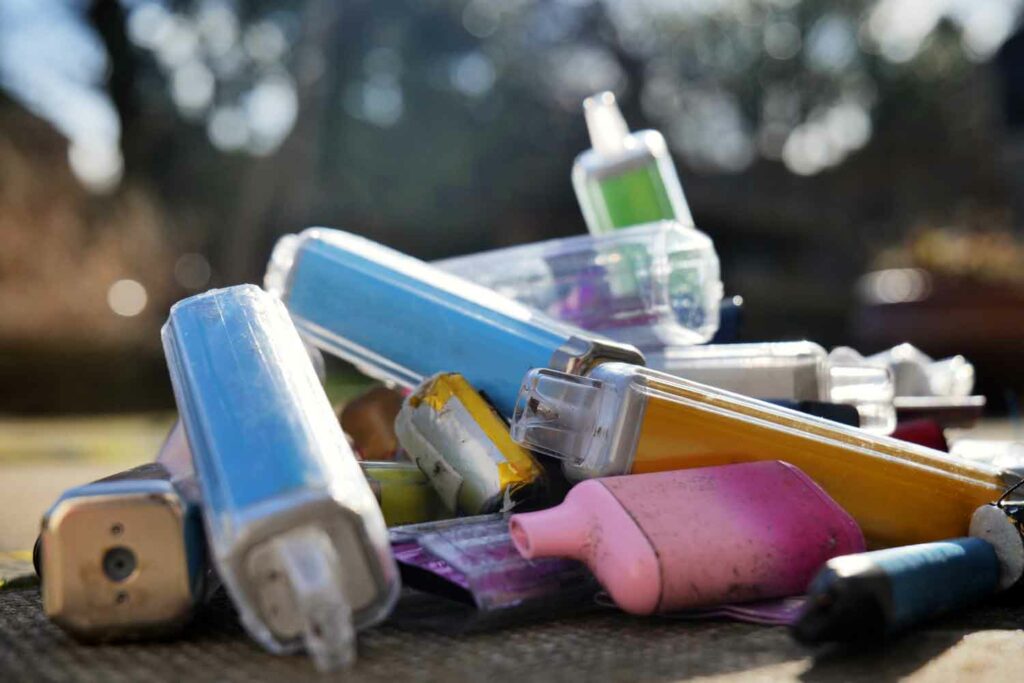






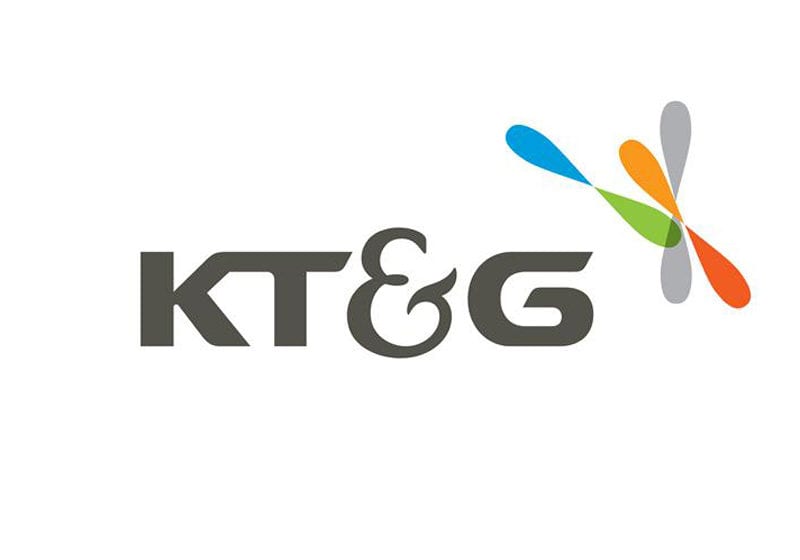
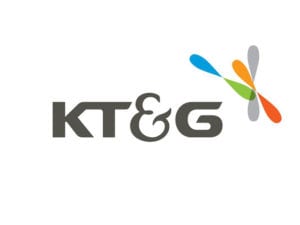 South Korea’s National Pension Fund (NPF) will vote in favor of KT&G’s CEO nominee Bang Kyung-man at the cigarette manufacturer’s upcoming shareholder meeting, reports the
South Korea’s National Pension Fund (NPF) will vote in favor of KT&G’s CEO nominee Bang Kyung-man at the cigarette manufacturer’s upcoming shareholder meeting, reports the 